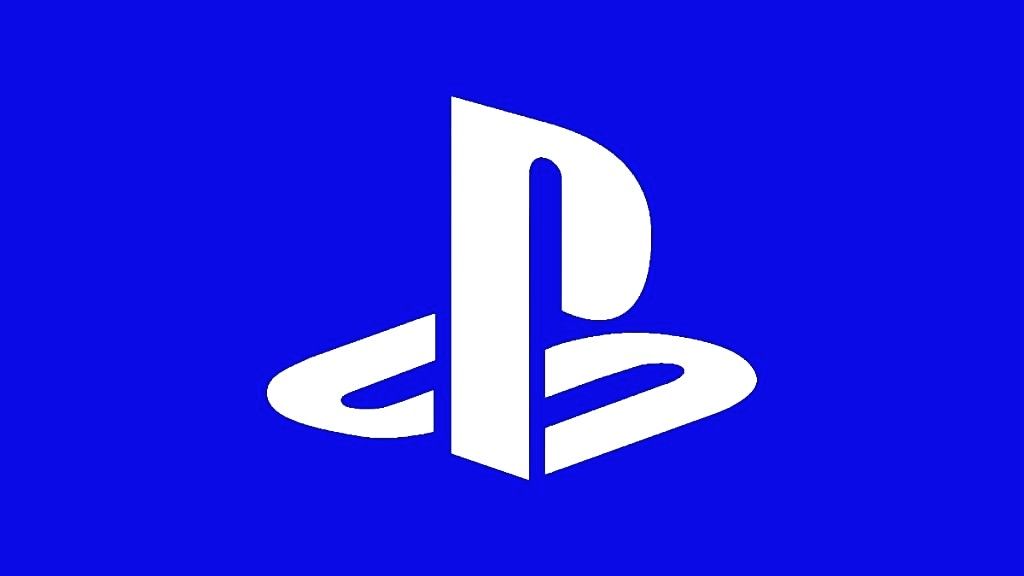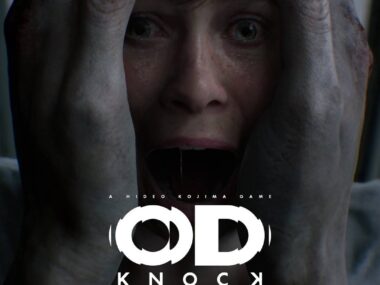I’m not sure why PlayStation’s decision to become a platform-centric business is causing such an uproar. Sony executives laid it out clearly in their latest earnings call. The focus is shifting away from selling consoles as the main event, toward building a wider, more connected gaming platform. That means more emphasis on community, third-party software sales, and select multi-platform releases.
Not everyone can (or wants to) buy a PS5. Why should they, if the game they’re excited for will be on something they already own, like an Xbox or PC? This isn’t Sony throwing in the towel. It’s Sony making sure its games and profits aren’t locked in a shrinking box.
What Sony actually said versus what fans heard
The internet rumor mill took a hard left turn. A viral social media post misrepresented Sony’s comments, making it sound like every PlayStation game would go multi-platform on day one, just like Xbox. That’s not what happened.
Sony’s CFO explained that profits are increasingly driven by software, not consoles, and that broadening beyond hardware makes strategic sense.
Some PlayStation exclusives have already made the jump: Horizon Zero Dawn, The Last of Us Part II Remastered, Marvel’s Spider-Man 2 and now Helldivers 2 are heading to Xbox. Sony hasn’t pledged to drop exclusives entirely or mirror Microsoft’s approach wholesale.
Why the backlash feels so personal
For many fans, exclusives aren’t just a business strategy, they’re PlayStation’s identity. Seeing titles appear on other platforms feels like a dilution of what made the brand special. Add in the symbolic gut punch of Helldivers 2 coming to Xbox, and you’ve got petitions, social media outrage. Even former executives posting cheeky “Kratos facepalms.”
A big part of the tension is philosophical. Sony is now measuring success in active monthly users instead of raw console sales. For gamers who grew up with the console wars, that’s an unfamiliar metric. The shift isn’t sudden; it’s been signaled for years. But knowing it’s coming doesn’t make it less emotional for loyalists.
Why this shift makes sense
From a business standpoint, the move is almost boringly logical:
- More stability: Relying on software and services smooths out the boom-and-bust cycle of console launches.
- Diversification: Less dependency on hardware sales means more freedom to experiment in mobile, cloud, and cross-platform spaces.
- Bigger audience: Releasing on PC, Xbox, and potentially other devices pulls in players who might never buy a PlayStation console.
Sony is chasing recurring revenue streams like PlayStation Plus, DLC, and microtransactions. Things that don’t care what machine you’re playing on.
The risks Sony can’t ignore
This isn’t a guaranteed win. Live service experiments have stumbled before. Expanding too fast into multi-platform could make PlayStation feel less distinctive. If exclusives lose their shine, the incentive to buy future consoles could shrink.
Sony has to walk a fine line: grow the brand’s reach without hollowing out the prestige that made it valuable in the first place.
This is less about ending an era and more about redefining what “PlayStation” means. The console will still matter, but it’s no longer the sole heartbeat of the brand. For some fans, that’s exciting. For others, it’s a slow fade of something they’ve cherished for decades.
Either way, the days of judging success solely by “who won the console wars” are over. The real battle now is for your time, your attention, and your subscription fee, no matter what device you play on.






